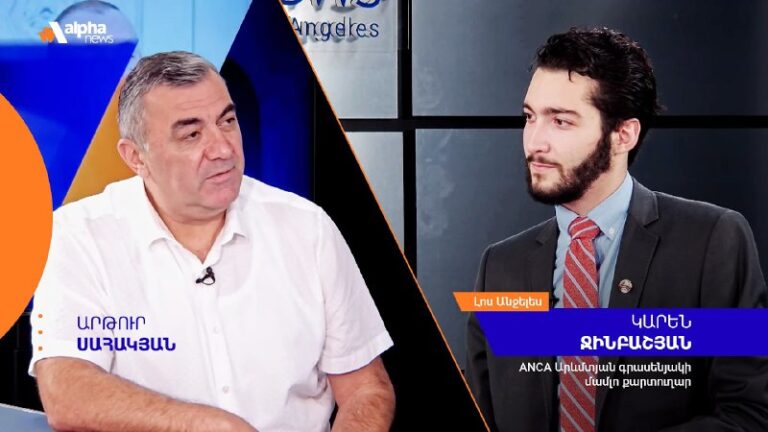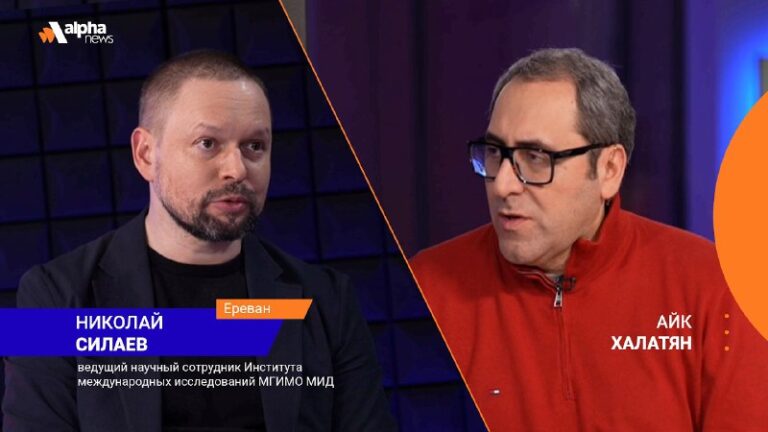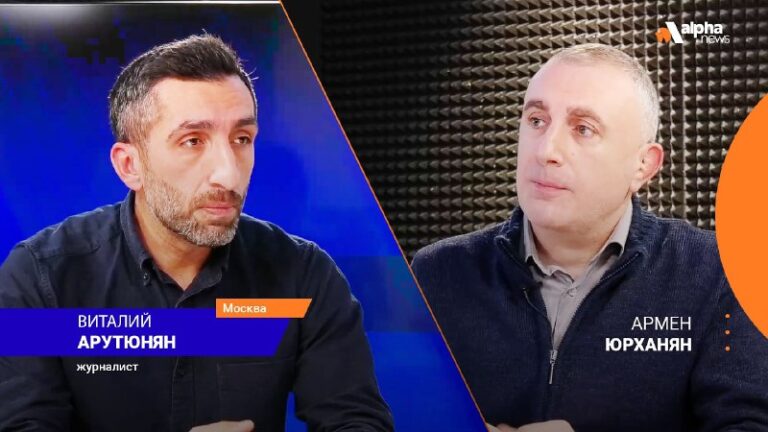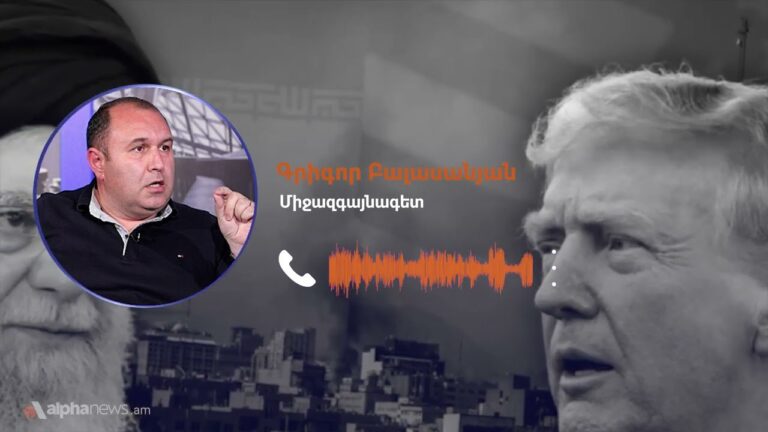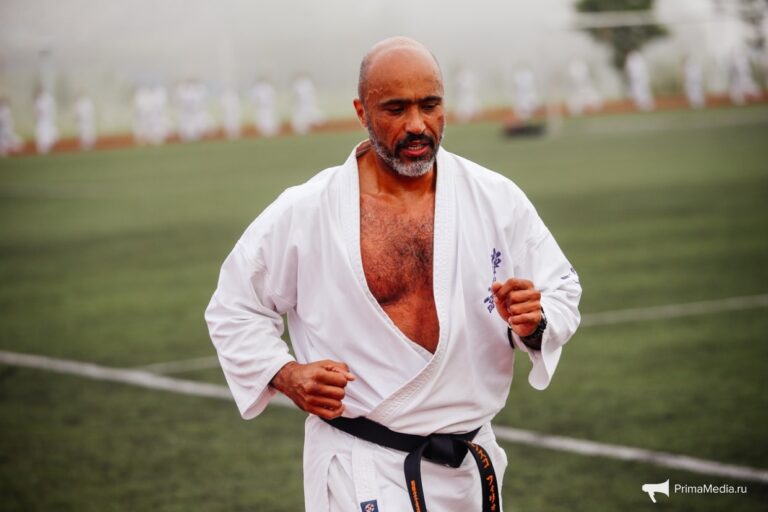Hakob Bagratuni: Artsakh and Turkification of Armenia are vital issues for Armenians of Lebanon
“The expectation and statements that a war should begin are inappropriate, because in fact this war has already begun; a balanced, carefully coordinated war is underway,” Hakob Bagratuni, the member of the Central Committee of the ARF-D, MP and political leader of the Armenian community of Lebanon, said in an exclusive interview with Alpha News.
Almost every day, Israel strikes southern Lebanon, resulting in dozens of casualties. Hezbollah also strikes Israel. However, it is not limited to the south of the country. On July 30, Israel also struck a southern suburb of the capital, Beirut, wounding a Hezbollah leader.
When asked about security around Lebanon in general and the Armenian community in particular, Bagratuni emphasized that there is a wait-and-see situation in the country and the community. He noted that the talks in Doha and Cairo foreshadow some calm, but nothing is clear yet.
“Because of their alliances or friendly relations with the outside world, some of Lebanon’s domestic political circles are showing restraint on the Hezbollah issue. Yes, Lebanon is in a difficult situation, which affects local Armenians as well,” Bagratuni said.
At an event dedicated to the 132nd anniversary of the ARF-D, Bagratuni stated that the Armenian people are at their most critical stage in the last hundred years. Artsakh has been surrendered, Armenia’s existence is under threat, and Armenian communities in the Middle East are also in danger. Lebanon is now rather unstable. Moreover, special efforts are being made to destroy the Armenia-Artsakh-Diaspora trinity.
When asked about the role of the Artsakh issue in the political agenda of the Armenians of Lebanon today, Bagratuni emphasized that he did not want to make loud statements but would make a responsible statement of a realistic person who cares about the future.
“Unfortunately, today Artsakh has been given away, and we have lost it. The consequence of this was the disappointment of the Armenians of Artsakh, Armenia, and the Diaspora, but we, as a nation, cannot live with this disappointment, we cannot simply forget and accept it. The cause must remain a cause, just as after the Genocide, the actions of the Armenian Cause were of primary importance to us, and since the time when Armenia became independent, Artsakh declared its independence.
Therefore, this lesson from the past must show whether we can lay down our arms today or continue the struggle. Artsakh is a fundamental, vital issue for Lebanese Armenians, as is the security of Armenia and all possible steps aimed at preventing the Turkification of Armenia. We have a lot of work ahead of us in the trinity of the Armenians of Artsakh, Armenia, and the Diaspora,” Bagratuni said.
According to Bagratuni, the policy of the current Armenian government to concede everything in the name of peace is refuted by many historical examples, one of which is Palestine, with Arafat’s agreement.
“Which Turk can we trust? Today’s braggart Erdogan or Ilham Aliyev? How can you deceive people like this? Yes, you can deceive by talking about economic benefits, but you can’t sell your homeland for the sake of the economy and so-called well-being. Perhaps if we had agreed to become Turks in 1915 and give everything, maybe the Genocide would not have happened. But our grandfathers lost their lands, suffered to remain Armenians, to study Armenian history, not the history of Armenia.
The problem is not in concessions; in all negotiations, concessions are important. The problem is that you should not negotiate to concede, you should negotiate on equal terms, as it happened before,” Bagratuni noted.
“In fact, today we still do not know what secret agreements or promises exist that must certainly be presented to our people,” he said.

